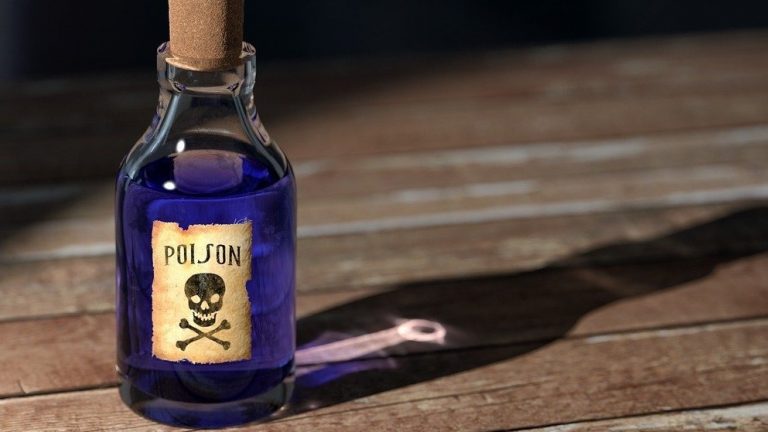President Trump has refused to condemn Russia over the poisoning of Putin’s opponent Alexey Navalny, saying that Washington had not yet seen any proof.
According to the US President, what has happened to Navalny is ”tragic,” and we should look at it ”very seriously.”
Trump also opined that everyone is always mentioning Russia, but in his view, China is a nation that we should be talking about much more than Russia.
Earlier this week, German chancellor, Angela Merkel, revealed test results conducted at a military laboratory, proving that the Kremlin critic had been poisoned with a nerve agent called Novichok. In her words, the Navalny case is a ”murder attempt.”
British government previously identified Novichok as the poison used on the former Russian spy Sergei Skripal and his daughter in London in 2018.
On Friday, NATO Secretary-General Jens Stoltenberg condemned the attack on Navalny, calling it an ”appalling assassination attempt.” Stoltenberg called on Moscow to cooperate with the international chemical weapons organization and elaborate on its Novichok program.
Up to now, Russia has not opened a domestic criminal investigation. Kremlin stated that there is no evidence of a crime yet. Kremlin spokesperson, Dmitry Peskov, commented that Moscow had not received any official information from Berlin that Navalny had been poisoned with Novichok. On Friday, Moscow offered alternative options for Navalny’s condition, ranging from stress, dieting, or ”lack of breakfast.”
Despite the President’s stance to condemn Russia, some other administration officials have pinned the blame on Moscow. The US National Security Council spokesperson, John Ullyot, said that Washington is ‘ deeply troubled” by the German military laboratory results. Ullyot also added that the Trump’s administration would work closely with its international allies to hold ”those in Russia” accountable.
Deputy Secretary of State, Stephen Biegun, met the Russian Ambassador to the United States Anatoliy Antonov to express ”grave concern” at the Navalny’s poisoning.
Biegun told Antonov that if proven, Moscow’s use of the chemical weapon would be an apparent violation of its obligations under the international chemical weapons convention. The White House Secretary Kayleigh McEnany also labeled the poisoning ”clearly reprehensible.”
”We have nothing to hide,” Russian Foreign Minister Sergey Lavrov said Friday, highlighting that Berlin had not provided any information about Navalny’s poisoning to Russia. According to Lavrov, it could indicate that Berlin has not enough evidence to support its statement.
What do you think? Should Washington condemn Russia over Navalny’s poisoning?
